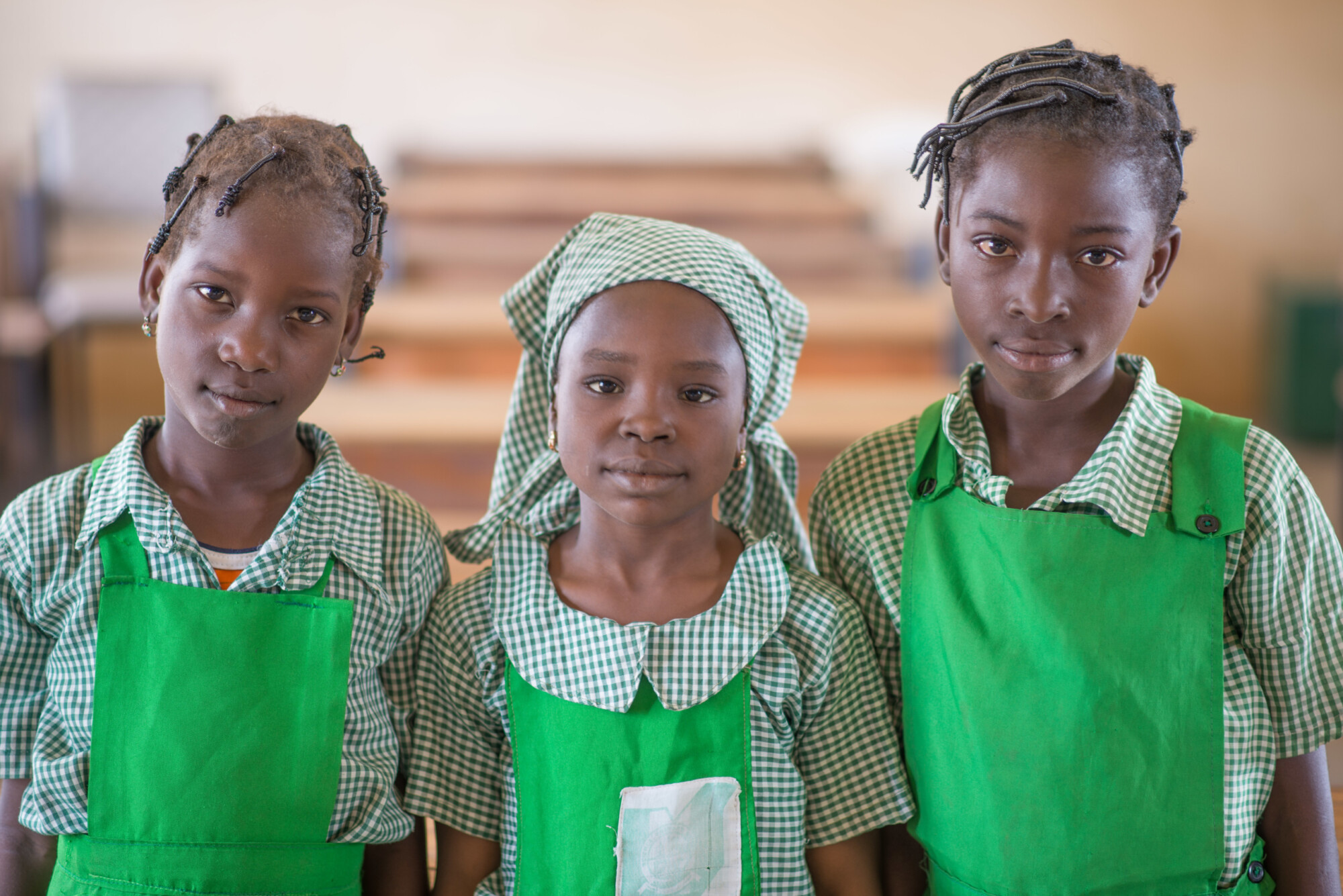Child Marriage and Education in Nigeria

According to the UNESCO 2013/14 Education for All Global Monitoring report, Nigeria has more primary school children out of school than any other country in the world – 10.5 million children, representing 14% of the 70 million children out of school globally. Over 60% of this figure are girls who reside in the Northern part of the country. Various studies have attributed early marriage as one of the causes of school dropout in addition to cost of education and poor perception of the value of education. Marriage before the age of 18 years is a violation of the Child’s Right Act and a number of international human rights conventions, however many families still promote early marriage as it is a perceived means of securing girls future survival and protection.
15 million girls under the age of 18 become brides – an average of 40,000 girls every day. Eliminating child marriage is necessary if we are to achieve Millennium Development Goal 2 of universal education. We know that a lack of access to education increases the chances of child, early and forced marriage.
Oando Foundation is working to provide access to improved quality education in Nigeria, with a particular focus on girls in the northern region. Through its Adopt-A-School Initiative (AASI) the Foundation has adopted 47 government primary schools and provided conducive learning environments by upgrading school infrastructure, capacity building for teachers, school based management committees and local government education authorities, establishment of ICT/Creative centers, upgrade of ECCD Centers and provision of scholarships to over 800 gifted children from relatively low income background. To date, over 44,000 children have benefitted from AASI.
Recent research has shown that girls living in poor households are two times more likely to marry before 18 years than girls living in better-off households because their parents are unable to see them through education. Through the Oando Scholar Programme, the Foundation is bridging the gap and increasing access to secondary education for girls by awarding scholarships to at risk girls who have demonstrated high interest in schooling.
Our work in northern Nigeria has changed the fate of many girls who would have been victims of early marriage. A 13 year old Oando Scholar (name withheld) from northern Nigeria, is an example of the Foundation’s capacity to transform lives through education. A brilliant young girl who dreamt of becoming a doctor from a very poor family reliant on subsistence farming, was given the option of attending primary school until she turned 13, after which she would be given away in marriage. Sadly, this is the case with many young girls.
The related economic, health and social risks associated with early marriage stare us in the face. One of such health risks is the Vesico Virginal Fistula (VVF) disease. VVF is arguably one of northern Nigeria’s most devastating yet less spoken about “epidemic”. It is estimated that 2 million women suffer from obstetric fistula globally with approximately 400,000-800,000 of such cases in Nigeria alone with the north having over 85 percent of these cases. The Oando Scholar would have been added to these statistics and her dream of becoming a doctor would have been killed prematurely until her school was adopted by Oando Foundation.
Her father had withdrawn her from school to be married off, despite her outstanding potentials and performance. Oando Foundation spotted her because she qualified for award of scholarship. Through the intervention of the Foundation, it’s implementing partner and the school based management committee, the girl was returned to school.
At Oando Foundation, we believe that investing in girl child education is the right and smart thing to do. The fight against early child marriage requires investing in education as part of creating better opportunities for girls, women and families and a combined effort by the entire community and senior decision-makers is critical in order to realize a better future.
Photo © A World at School
 Ujunwa Aja-Onu is Education Programme Officer at Oando Foundation. In this position, she manages the implementation of the Adopt-A-School project, working with government, teachers, children and communities in getting back out of school children and improving quality of education in government primary schools across several states in Nigeria.
Ujunwa Aja-Onu is Education Programme Officer at Oando Foundation. In this position, she manages the implementation of the Adopt-A-School project, working with government, teachers, children and communities in getting back out of school children and improving quality of education in government primary schools across several states in Nigeria.
Prior to her position with the Foundation, she worked as Programme Officer, Transparency and Accountability in Governance, with Media Rights Agenda (MRA) . She has also provided high-level programmatic support; project monitoring and Evaluation, to several organizations including ActionAid Nigeria, United Nations Development Programme (UNDP) and Oxfam Nigeria. Ujunwa is passionate about the development of Africa and Nigeria in particular. She holds a BSc in Psychology.
